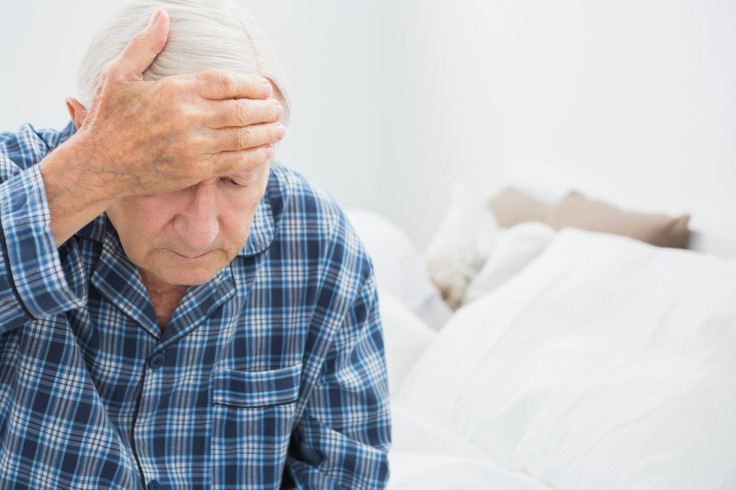Too Much Sleep, Or Too Little, Could Increase Risk Of Stroke In People With High Blood Pressure

For people with high blood pressure, stroke is nothing to sleep about — unless you’re getting the right amount. According to a new study to be presented at the American Society for Hypertension’s annual scientific meeting in New York City, these people should be hitting a sweet spot between five and eight hours of sleep each night. Any more or less than that and they’re at a higher risk of stroke.
Researchers from New York’s Icahn School of Medicine at Mount Sinai Hospital analyzed nine years of data from the U.S. National Health Interview Survey, which included information on almost 204,000 people. They found that people who got more than eight hours of sleep or less than five hours of sleep were at a respective 14 percent and 11 percent higher risk of stroke, when compared to so-called “healthy” sleepers who got seven to eight hours of sleep. Their risk of stroke was only five percent higher. Meanwhile, those who got between five and six hours of sleep, called “short sleepers,” were at a six percent higher risk of stroke.
“We were surprised, especially with the individuals reporting insufficient sleep, because most studies… have [only] shown a modest increase in the chances of suffering a stroke among those with short sleep duration,” said study author Dr. Oluwaseun Akinseye, a resident in internal medicine, according to HealthDay.
Though the research hasn’t been published in a peer-reviewed scientific journal and it wasn’t designed to prove a cause-and-effect relationship, other research has suggested links between sleep duration and blood pressure and stroke. According to Mayo Clinic, irregular sleeping patterns throw off the body’s ability to regulate the stress hormone cortisol. Getting insufficient amounts may lead to an increase in cortisol levels, the researchers said, while getting too much could lead to the release of inflammatory chemicals.
The researchers would get closer to a cause-and-effect result if their future studies included more objective measures of sleep quality — the current one involved self-reports of sleep, which often aren’t completely accurate. “There are monitors that measure not only sleep duration but quality,” Dr. Amy Tai, a clinical assistant professor of neurology and neurological sciences at Stanford University School of Medicine, told HealthDay. “I think studies using a more objective measurement of sleep, such as remote or recordable devices, would be helpful in truly capturing objective data because self-reporting has its limitations.”
Source: Akinseye O, et al. At The American Society for Hypertension’s Annual Meeting. 2015.



























